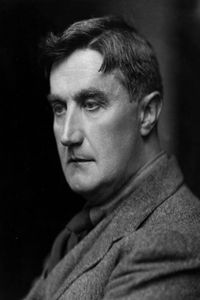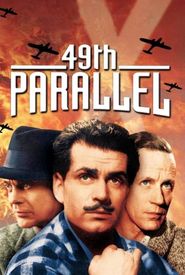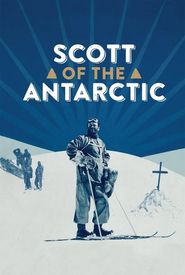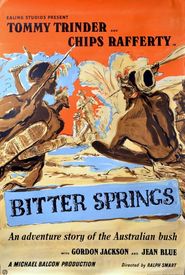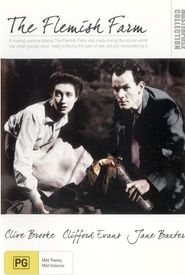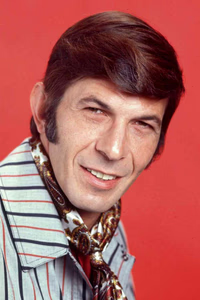Dr. Ralph Vaughan Williams was an extraordinary English composer, whose profound impact on the evolution of 20th-century music was undeniable. His immense influence can be seen in the works of notable composers such as Benjamin Britten, as well as film composers like Jerry Goldsmith. He successfully crafted a distinct and contemporary musical idiom, drawing inspiration from the rich cultural heritage of Tudor times and traditional folk music.
Vaughan Williams initially gained recognition as a leading collector and researcher of traditional English folk music, a pursuit he pursued with great dedication. In addition to his research, he also worked as an organist, conductor, lecturer, teacher, editor, and writer. He had the privilege of studying under the guidance of renowned composers such as Sir Hubert Parry, Max Bruch, and Maurice Ravel. His long-standing friendship with Gustav Holst is also noteworthy, with some of his works subtly paying homage to his colleague's compositions.
Throughout his six-decade-long professional career, Vaughan Williams left an indelible mark on the world of music. His extensive repertoire includes nine symphonies, several concertos, a ballet, a few operas, and countless choral works. Many of his choral pieces continue to be performed in church services, a testament to his enduring legacy. Notably, he entered the world of film scoring at the age of almost 70, with his score for Michael Powell's '49th Parallel' in 1941. He went on to compose 11 motion picture scores, including the iconic score to 'Scott of the Antarctic', which ultimately inspired his majestic 7th Symphony.
